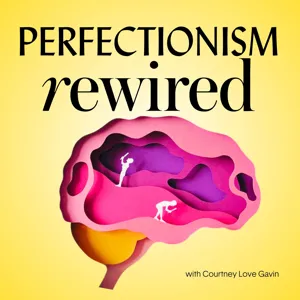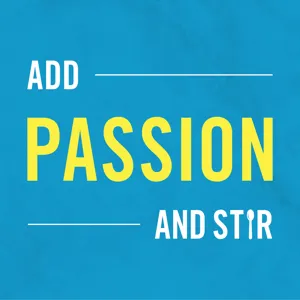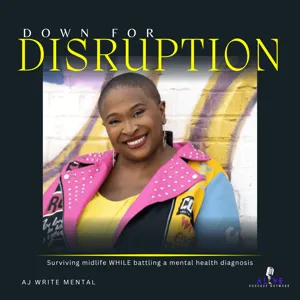Toxic Stress: Releasing Its Death Grip on Your Sleep + Success

Do you thrive under pressure? Find it hard to chill even while on vacation? Toxic Stress is a silent affliction many perfectionists experience daily without realizing it. Discover your toxic stress sources, the subtle yet profound ways stress addiction manifests and how to recognize it in your daily life. Understand the science on why it toxic stress = same impact on your neurobiology as drug addition and reclaim an integrated, healthier you.
Ready to trade toxic stress for joyful success with proven, science-backed tools? You gotta check out the Perfectionism Rewired Accelerator 6 Week fast-track Get your stress-free start today at https://courtneylovegavin.com/accelerator
Listen to the Full Episode To Hear:
- How to identify the toxic stress in your life
- The impact of toxic stress on your mind, body and performance
- Practical strategies to build resilience and handle stress effectively.
- The power of Neurosculpting in transforming stress into healthy productivity.
EPSISODE 180 TIMESTAMPS:
00:00-Introduction
01:51-Take The Toxic Stress Quiz
03:31-What Cocaine + Stress Have in Common
04:50-Why Your Stress Isn't Relieved Yet
06:06-What Makes Up A Stress Cocktail + Why Perfectionists Are Addicted
08:05-How Your Stress Tolerance Puts Your Health At Risk
09:12-The Missing Ingredient in Your Stress Management
10:34-Impact of Your Daily Choices on Stress Levels
11:15-The Perfect Strategy For Struggling With Stress
13:20-Training Yourself for Patterns of Joy + Success


